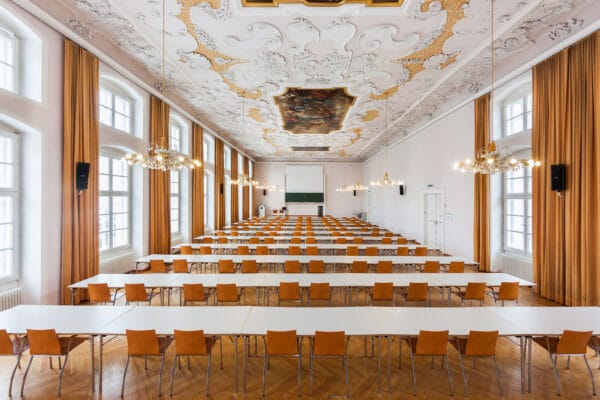
NAME:
Theologie - MS
BUILDING:
Theologie
FLOOR:
2
TYPE:
Lecture Room
CAPACITY:
108
ACCESS:
Only Participants
EQUIPMENT:
Beamer, PC, WLAN (Eduroam), Overhead, Flipchart, Blackboard, Handicapped Accessible, LAN, Microphones, Sound System
Mountain regions, especially in the European context, have been largely shaped by various industrial development dynamics and associated territorial transformations. The landscapes of production generated through this complex and time-wide process are constantly changing under the pressure of global and/or regional economic trends, showing in many cases an inherent lack of resilience and evident limits in further, innovatively sustainable development. Either formed along the exploitation of natural resources, energy production or in the framework of regional development policies for lagging territories, mountain productive landscapes are complex spatial entities which show, and face, radically different spatial and aspatial conditions than their urban twins. Emerging concepts of re-industrialization and re-naturalization are here gaining an increasing relevance in determining development perspectives for either former or current productive infrastructures in peripheral regions, further distancing from “productive city” approaches fostering mixed-use refurbishment of industrial estates. In this context, new spatial-led design strategies are more and more necessary to support the adaption of mountain productive landscapes to the paradigms of the current socioecological transition. Spatial design can be seen in this specific case not only as a medium of representation and investigation on possible futures, but also as an effective platform for co-creation within regional and local planning frameworks, thus enabling the necessary and often lacking multilevel governance. The paper presents and discusses some recent research-by-design experiences focusing on the regeneration of productive landscapes in the European Alps.

We and use cookies and other tracking technologies to improve your experience on our website. We may store and/or access information on a device and process personal data, such as your IP address and browsing data, for personalised advertising and content, advertising and content measurement, audience research and services development. Additionally, we may utilize precise geolocation data and identification through device scanning.
Please note that your consent will be valid across all our subdomains. You can change or withdraw your consent at any time by clicking the “Consent Preferences” button at the bottom of your screen. We respect your choices and are committed to providing you with a transparent and secure browsing experience.